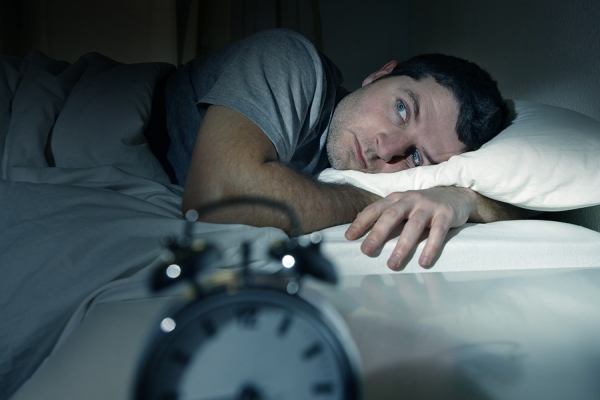Wake Up Call

Sleep experts all agree that a regular eight hours of sleep is good for you, but the results of a recent study suggest that the groggy feeling most of us wake up to, even after a good night’s sleep, is harder shake off than we might like to think. “Sleep inertia,” the period immediately after waking, finds most of us in a state of impairment comparable to drunkenness.
In a study conducted by Colorado University researchers, subjects who were deprived of sleep for more than 24 hours actually performed some tests more accurately than those who had just woken up from an eight hour sleep. The study tested short-term memory, counting skills and cognition during sleep inertia. It found that impairment was most severe during the first three minutes. While the most severe effects of sleep inertia dissipated after ten minutes, in some subjects, lingering effects could be detected for up to two hours after waking.
Most of us have a morning routine that allows us ten minutes or longer to ease our way into wakefulness, but the results of this study have serious implications for people who are regularly called on to wake up and act quickly such as medical personnel, emergencies responders and professional drivers. Doctors and nurses work long hours, sometimes napping to refresh themselves, and often making important decisions that require the kind of simple math calculations the Colorado University study examined.
The study did not measure the effects of a cold shower or a hot cup of coffee during the first few minutes after waking, but because any of us could find ourselves pulled from sleep to deal with an emergency, this new study has implications for all of us. Even when we have very little time to rouse ourselves from sleep, we should take as much time as we can, remember that our judgement is suspect in those first minutes of wakefulness, and double-check our calculations before making crucial decisions.
